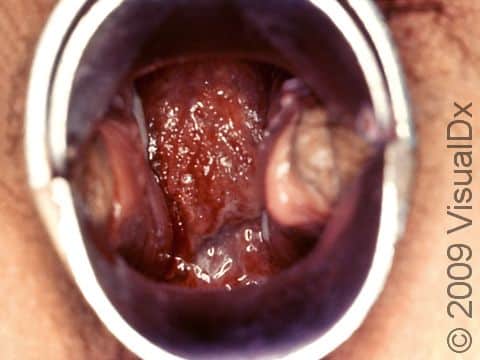Chlamydial Infections
Chlamydia is a very common sexually transmitted disease that can affect both men and women. The disease is spread by the bacteria Chlamydia trachomatis during unprotected oral, vaginal, or anal sex with an infected person. The infection can cause symptoms of vaginal discharge and pain in women, or it may cause no symptoms at all. If a chlamydia infection goes untreated, it can impair a woman’s fertility. It can also predispose a woman to having an ectopic pregnancy, which is a life-threatening surgical emergency. In men, the infection rarely has symptoms but if left untreated can also cause sterility. Many people who have a sexually transmitted disease have no symptoms, so it is important to discuss your concerns and sexual history with your doctor so you can have routine testing. If you have a chlamydia infection and are treated, you can get it again. It is easily spread through unprotected sex and can also less commonly be spread from an infected mother to her baby at the time of birth; this can create a potentially life-threatening infection in the baby.
Who's At Risk?
Chlamydia is one of the most common sexually transmitted diseased in the United States. Teens and young adults are most commonly infected.
Signs & Symptoms
75% of women and up to 50% of men have no symptoms (asymptomatic). If symptoms occur, they are usually 1–3 weeks after becoming infected.
Women with infection of the genital tract (the mouth of the womb [cervix] or the urinary opening [urethra]) may have a yellow-white vaginal discharge, spotting between periods, fluid discharge from the urethra, or burning with urination. Other symptoms might include belly or low back pain, nausea, fever, or pain with sexual intercourse.
Men with infection may have pus or fluid from the opening of their penis (urethra) or itching or burning with urination.
Infection of the anus (rectum) presents with rectal pain, discharge, or bleeding.
Self-Care Guidelines
Seek medical care if you suspect chlamydia. Avoid any sexual activity until a week after treatment is finished. If you are infected, your sexual partner(s) should be checked and treated.
To prevent infection:
- Abstinence, monogamy (single partner), or limiting the number of sexual partners all reduces your risk.
- Consistent and correct use of latex condoms reduces risk.
- All pregnant women, all sexually active women under age 25, and older women with new or multiple partners should have an annual screening test for chlamydia.
Treatments
A test will be done on the urine (in men) or from fluid from the penis or cervix.
If the test is positive, treatment will be prescribed with oral antibiotics (usually azithromycin or doxycycline). All sexual partners should also be tested and treated if positive. If a partner is infected and not treated, re-infection is common.
Persons with infection should not have sexual intercourse until 1 week after treatment is finished in both partners.
Visit Urgency
Seek medical care if there is any chance you are infected, whether or not you have symptoms. As previously noted, sexually active women should have an annual check for infection.
References
Bolognia, Jean L., ed. Dermatology, pp.1290. New York: Mosby, 2003.
Freedberg, Irwin M., ed. Fitzpatrick’s Dermatology in General Medicine. 6th ed, pp.2209. New York: McGraw-Hill, 2003.
Last modified on August 16th, 2022 at 2:45 pm

Not sure what to look for?
Try our new Rash and Skin Condition Finder
